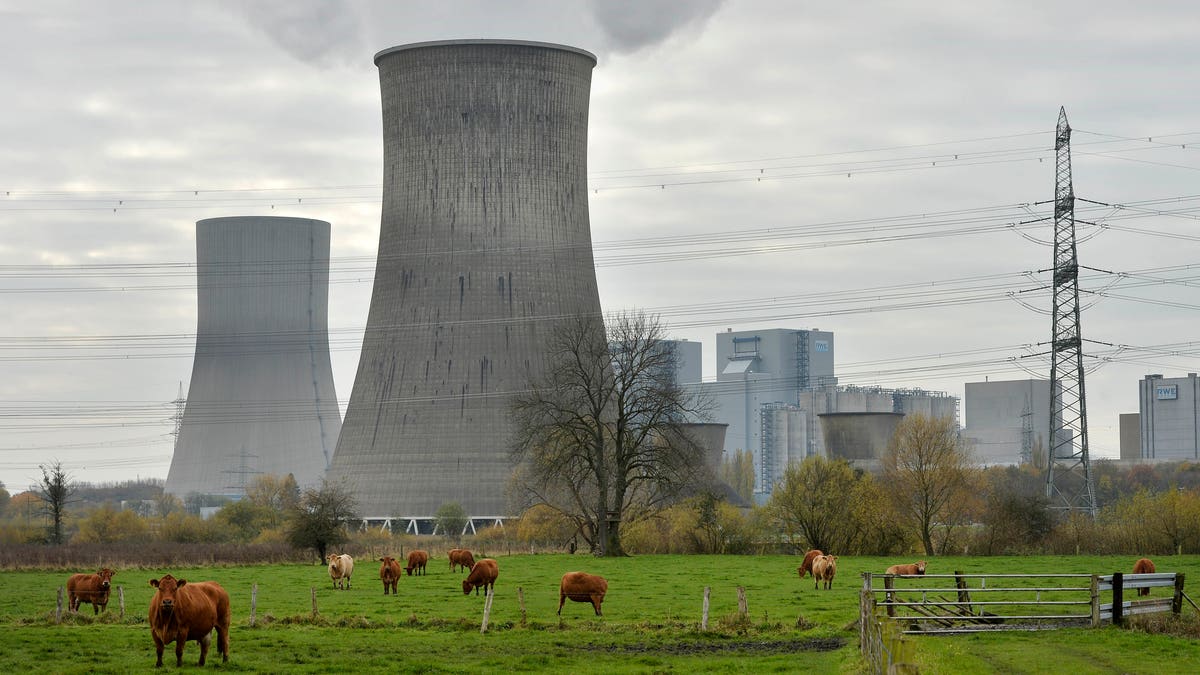Former Trump adviser issues green energy warning, says US should look to Europe as an example
Former Trump campaign adviser Stephen Moore assesses the volatile housing market and inflationary pressures brought on by the entertainment industry.
Several European countries are rolling back plans to shut down their nuclear power plants as Russia severely limits the supply of oil and natural gas to the continent, according to a new report.
Russia has cut off supply as a countermeasure against Western economic sanctions over Russian President Vladimir Putin's ongoing invasion of Ukraine. Germany was scheduled to close all of its reactors by the end of the year but is now debating whether to keep them open into next year or even longer.
Belgium, meanwhile, was planning to close two reactors by 2025, but will now keep them open through 2036, according to The Wall Street Journal. France is looking to build an additional 14 reactors over the next several decades. The U.K., Czech Republic, Poland and others are also planning for new reactors, according to the report.
Beyond the throttling from Moscow, the reactors are also proving to be critical in meeting the U.N.'s climate goals. Nuclear energy is the cleanest and most efficient energy source currently available, though disasters at some plants have caused some to fear the method.
UNITED NATIONS NUCLEAR AGENCY WILL VISIT BESIEGED UKRAINIAN POWER PLANT IN THE ‘NEXT FEW DAYS’

In this Nov. 14, 2013 file photo cows are standing in front of the latest coal-fired power station of German power provider RWE in Hamm, Germany. The share of electricity generated from coal rose in Germany last year as the country seeks to achieve its ambitious aim of switching off all nuclear power plants by 2022. (AP Photo/Martin Meissner, File) (The Associated Press)
Japanese Prime Minister Fumio Kishida has also suggested that his country plans to build new, smaller reactors in an effort to meet clean energy goals.
Japan had previously shut down most of its reactors following the 2011 disaster at the Fukushima power plant.
"In order to overcome our imminent crisis of a power supply crunch, we must take our utmost steps to mobilize all possible policies in the coming years and prepare for any emergency," Kishida said during a "green transformation" conference last week.
CLICK HERE TO GET THE FOX NEWS APP
Kishida's administration says the country would develop new safety standards before moving forward with construction.
The most problematic part of nuclear energy production is the safe disposal of spent fuel rods, which remain highly radioactive for hundreds of thousands of years.









































